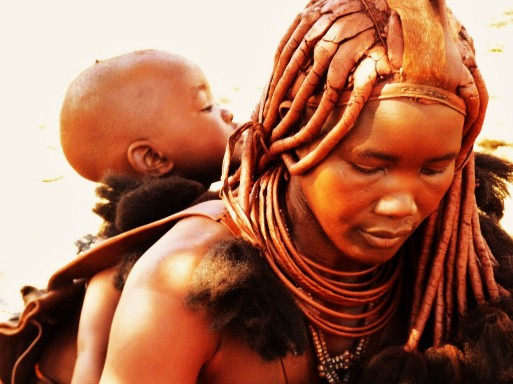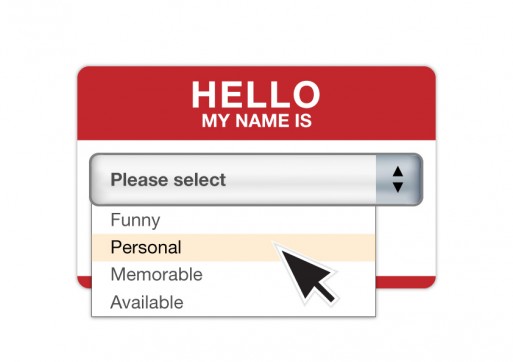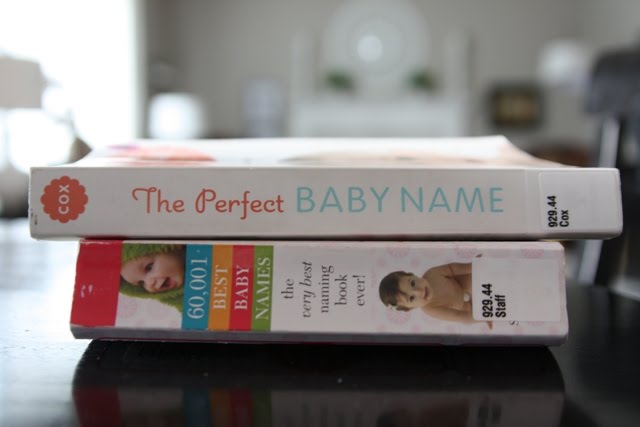Chances are good you’ve known someone who was named after a relative. You might even know someone who shares a name with his father, grandfather and great-grandfather — a John Doe IV.
Have you ever known someone who was named because his parents wanted to ward off death? It’s not an uncommon practice. Thousands of parents use specific names to ensure their children will stay alive and healthy into adulthood. In many northern African cultures, naming your child something funny, happy or strong is believed to keep death at bay.
Parents might name their son Ajani, meaning “he who wins the struggle,” to show that their son is too resilient to succumb to death. This is an especially common practice for families that have already experienced the death of infants or children.
As in many cultures around the world, people in some northern African regions view the death of a child as an evil and horrifying event. If parents lose their first child in infancy, they’re more likely to name their next child something specific to avoid the death of their second-born. The parents use it as a means to cope with the death of their first children while feeling as though they have control over the fate of their future children.
In an uncertain world where you cannot always keep your children safe, a name gives many parents a sense of security.
Edo parents from Nigeria often use names to seal the fate of their children. They name a child Onaiwu, which means “a child who will not die.” They name a child Ighiwiyisi, meaning the child will not get lost in a foreign land. They have a mouthful of a name for “a child who will not be harmed by outsiders, as long as he is loved by his family”: Osamamianmianmwen.
If that seems oddly specific, that’s because it needs to be. The goal behind this tradition is to imagine your worst fear as a parent, and ritually rid yourself of it through your child’s name.
This doesn’t only apply to a handful of African cultures, either. It’s cross-cultural.
We like to believe our names are our own, but they’re actually a deep reflection of the culture around us. Most of us didn’t choose our names. Most of our parents didn’t choose their names either. If names were truly our own, we would pick them for ourselves when we became old enough to speak (and there would likely be more people in the world named “Superman”).
Instead, our names are a representation of what our parents value. When they name us after themselves, they seek a strong family tradition to carry on long after they pass away. When they name us after something in nature, like a flower, they compare children to the beauty of the world. When they name us something random out of a baby book, they are still picking a name that they believe sounds beautiful. The culture around them shaped their opinion on what is beautiful and what isn’t.
Names are never as simple as words. They come to define us, and in some ways shape our paths. For some African parents, a name can mean the difference between life and death. Even if you don’t share this view, a name can tangibly affect whether you get hired by a company, how you’re treated by your peers and whether you’re treated equally in a relationship.
In short, we all give names meaning beyond simply how to tell each other apart.

 African Baby Names that Ward Off Death
African Baby Names that Ward Off Death





 Forest Bathing Eases Grief by Soaking in Nature
Forest Bathing Eases Grief by Soaking in Nature

 Meaning-Focused Grief Therapy: Imaginal Dialogues with the Deceased
Meaning-Focused Grief Therapy: Imaginal Dialogues with the Deceased















Very mind blowing topic
Report this comment
Such a beautiful and heartfelt post. I am affected by the details of baby naming.
Report this comment
I have seen lists of what are called African born to dining. I was thinking that’s what I was going to see here. It’s interesting because what I read in the past was that it was common to give names to babies that would ward off evil spirits that might kill them. The idea was you did not want to name your baby something that an evil spirit might find interesting like a name that refer to beauty or strength. Most of those names had meanings like “where is the hoe” (suggesting that the baby is already dead and a hole needs to be dug or “in the trash pit” suggesting that the child is not desirable because that’s the only fit place for them. These names were subject to change after enough time to gone by that one could help the child would live some years. This is all just making me curiouser and curiouser.
Report this comment
Sorry, that was African born to die names.
Report this comment